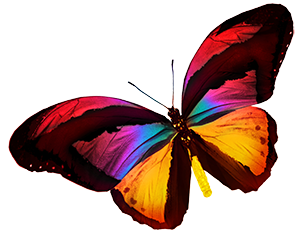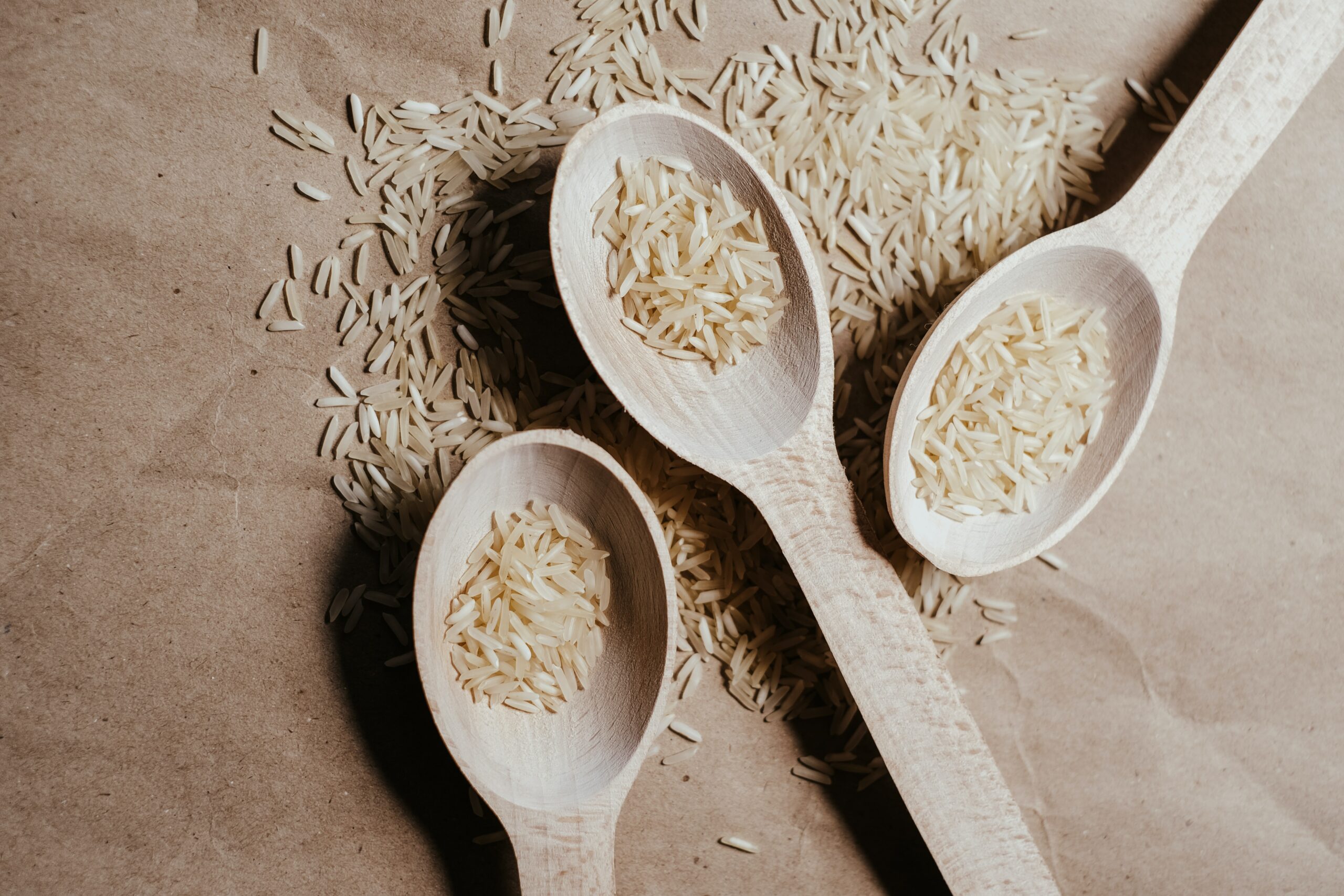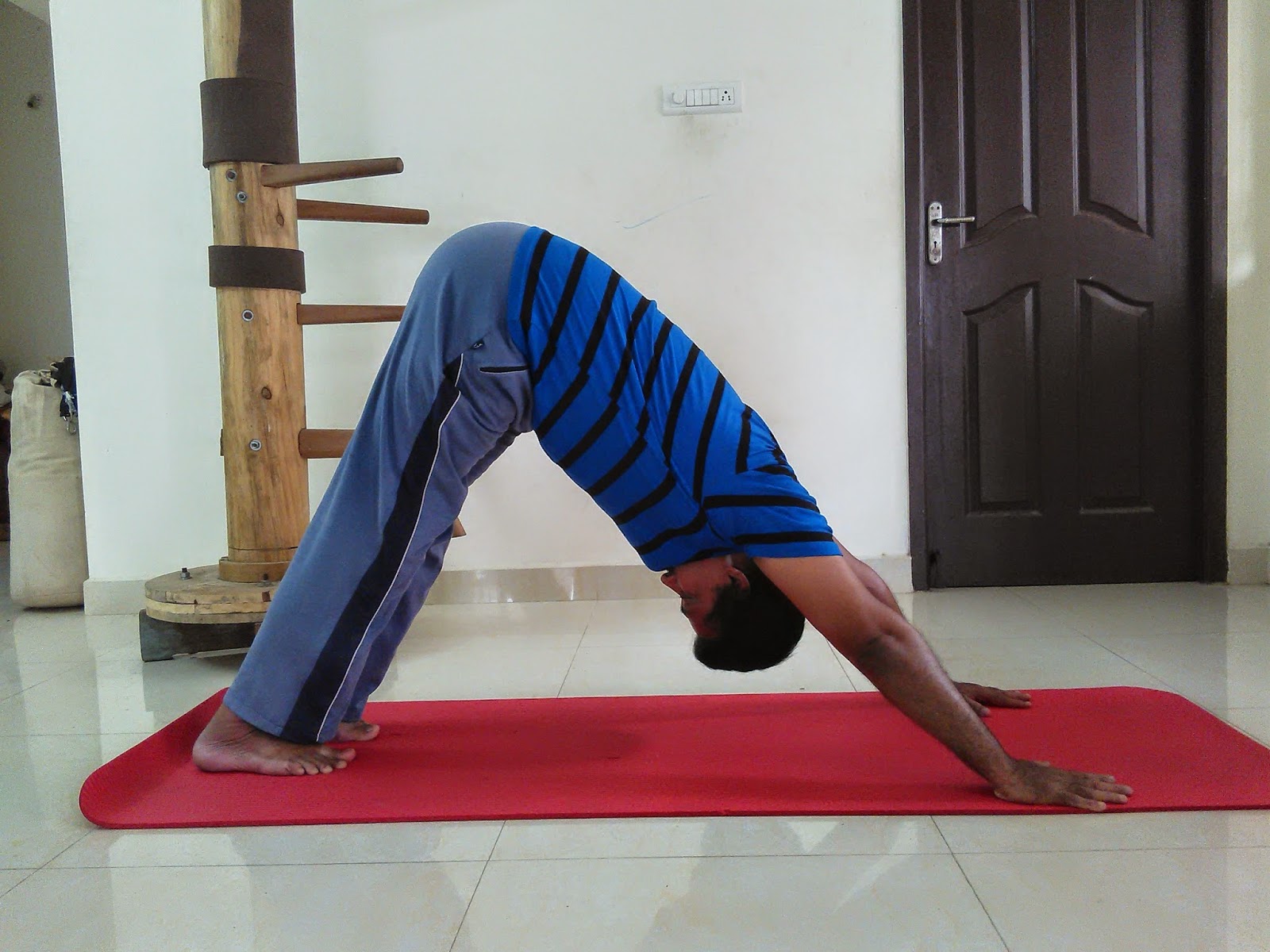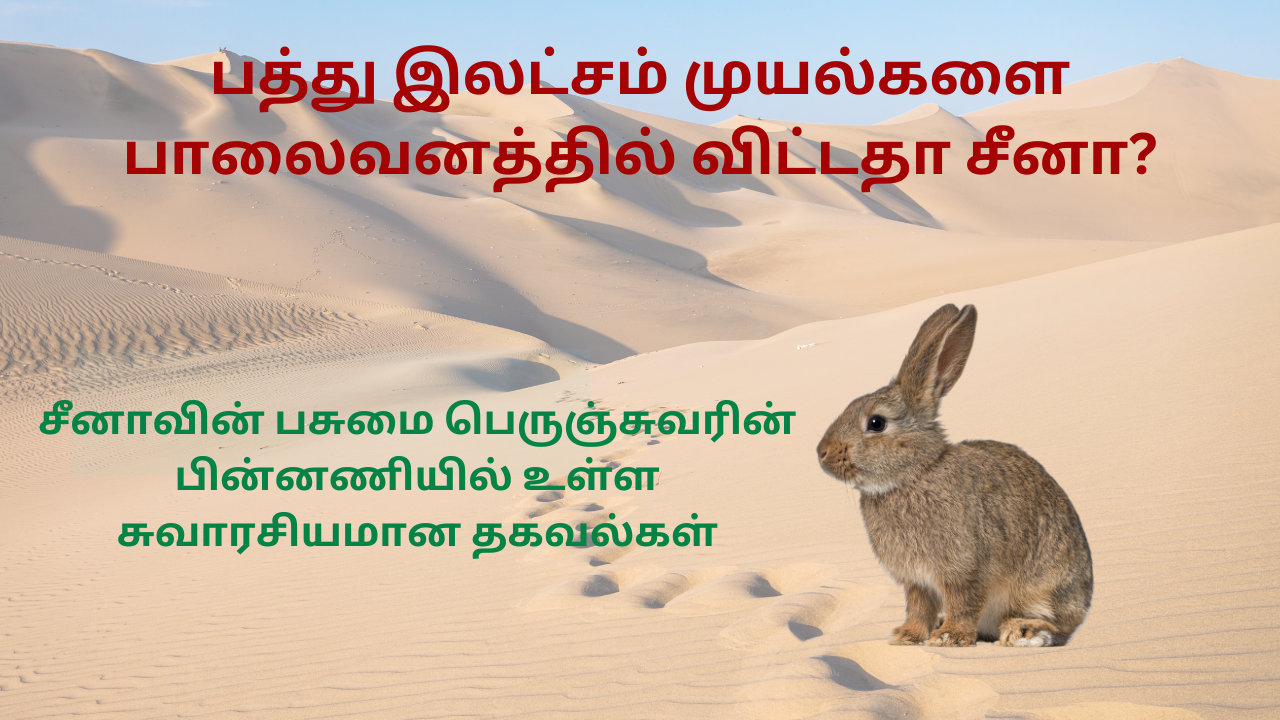Hope you read our earlier post on the Benefits of Balanced Diet; Did Ancient Tamils Follow Balanced Diet. Today's post is about the importance of carbohydrates, issues caused due to low carbohydrate diet and carb rich foods.
Why is Carbohydrate Important?
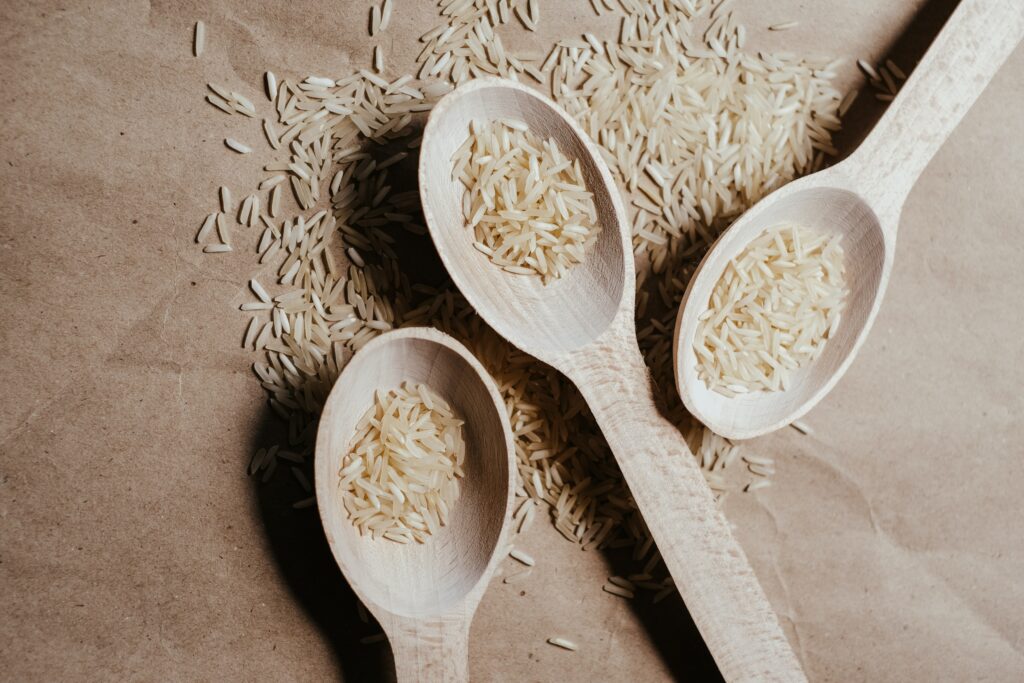
Source: Photo by Vie Studio: https://www.pexels.com/photo/a-white-rice-on-a-wooden-spoons-7421198/
Carbohydrates is one of the macronutrients that our body needs for energy. Each gram of carbohydrate provides 4 calories. Our digestive system breaks down the carbohydrates into glucose, which is the energy source for our brain, heart, muscles and red blood cells. Carbohydrates are essential to improve digestive function as well.
Simple Carbohydrates and Complex Carbohydrates
The carbohydrates we get from the food we eat can be simple carbohydrates or complex carbohydrates depending on the chemical structure and how soon it is digested by the body.
Simple carbohydrates gets digested quickly. Hence, glucose levels in blood increases very fast. Complex carbohydrates are digested slowly and glucose is released slowly in blood.
Various studies have proven that Intake of simple carbohydrates in higher quantities causes negative impact on the body and mind. You may want to check this research for a detailed study on the impact of both these types of carbs on the human body.
Types of Carbohydrates
Sugar, starch and fiber are the three types of carbohydrates.
Sugar is a simple carbohydrate. The most common simple carbohydrates include sugar and soda.
Starch and fiber are complex carbohydrates. Rice, vegetable and fruits rich in starch are some of the most commonly consumed complex carbohydrates.
Benefits of Carbohydrates
Some of the most important benefits of carbohydrates include:
- Energizes the whole body
- Provides energy to brain, muscles, central nervous system and kidney
- Improves digestion
- Dietary fibre, which is a complex carb, protects heart health.
- Helps to reduce excess fat if taken in appropriate levels.
- Carbohydrates boost mental health
How Many Carbs Should We Have Everyday?
While carb intake has to be based on one's calorie needs, it is generally advised to have 45% to 60% of carbohydrates per day.
Symptoms of Low Carbohydrates Level
Intake of carbs lower than necessary, leads to physical and mental conditions. Here are some of the symptoms of low carbs in diet:
- Digestive disorders
- Constipation
- Fatigue
- Inability to focus on work
- Feeling of hunger shortly after having food
- Low nutrition levels
- Bad breath
- Mood related issues including Irritability, anger and anxiety
Foods Rich in Carbohydrates
Sourcing carbohydrates from different types of foods ensures we get our share of nutrients.
Given below are some of the carb-rich foods:
- Whole grains including white rice, brown rice, wheat, quinoa and oats
- Lentils and pulses
- Banana
- Apple
- Sweet potato
- Potato
- White pasta
- Whole wheat bread
Intake of required levels of carbohydrates from healthy carb sources provides us with energy.
Note: To those looking to include or exclude certain types of carbs from diet, authentic books sold on internet can come to rescue. Various books by professionals on specific carb diet are available online. Likewise, those planning to reduce intake of carb for specific reasons, can browse online for authentic books on low-carb diet.
It is strongly recommended to seek advice of your physician before making any major change to your diet.

Rama Thamizharasu
Welcome. I am a yoga therapist, SEO consultant, content creator and translator.
Kindly check our other blog and YouTube channels:
https://voiceofapet.blogspot.com/
https://www.youtube.com/@PetsDiaryPages
http://www.youtube.com/@letnaturelive_YT
